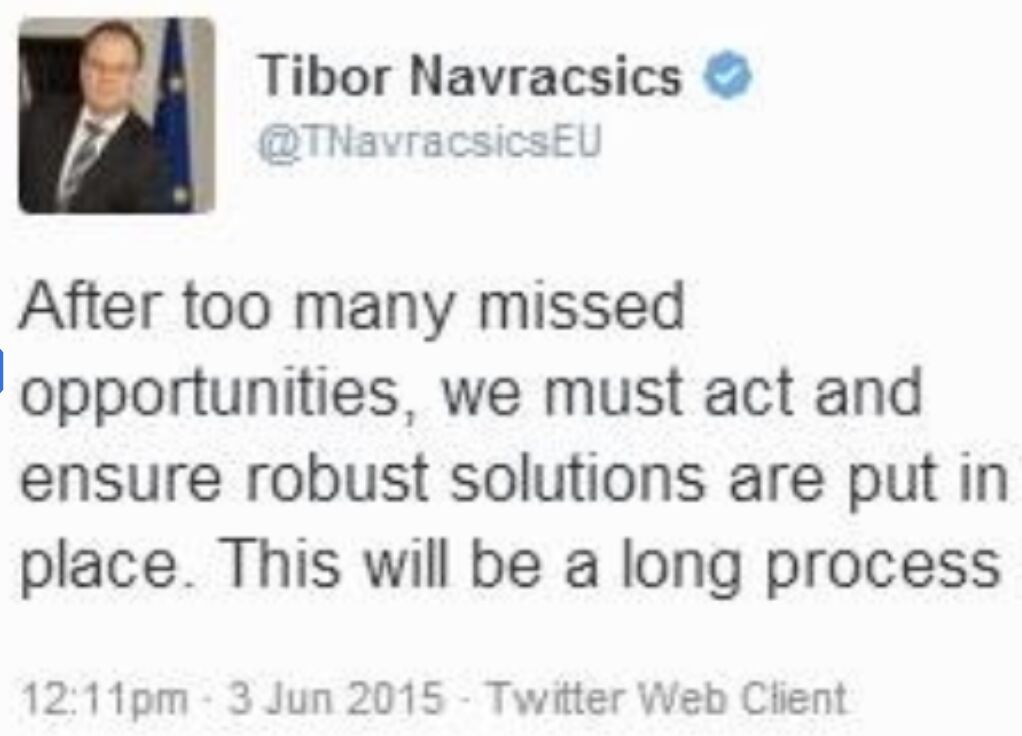Blog Post
September 12, 2025
When AI Outsells Humans: What Persuasive Machines Mean for Advocacy, Politics, and Beyond
A new study suggests AI tools can be more persuasive than humans—including lobbyists and activists. What does this mean for advocacy, politics, and communication strategies? Explore the risks and opportunities of persuasive machines.
Let's schedule a 15-minute call to discuss your needs.
Get in Touch


